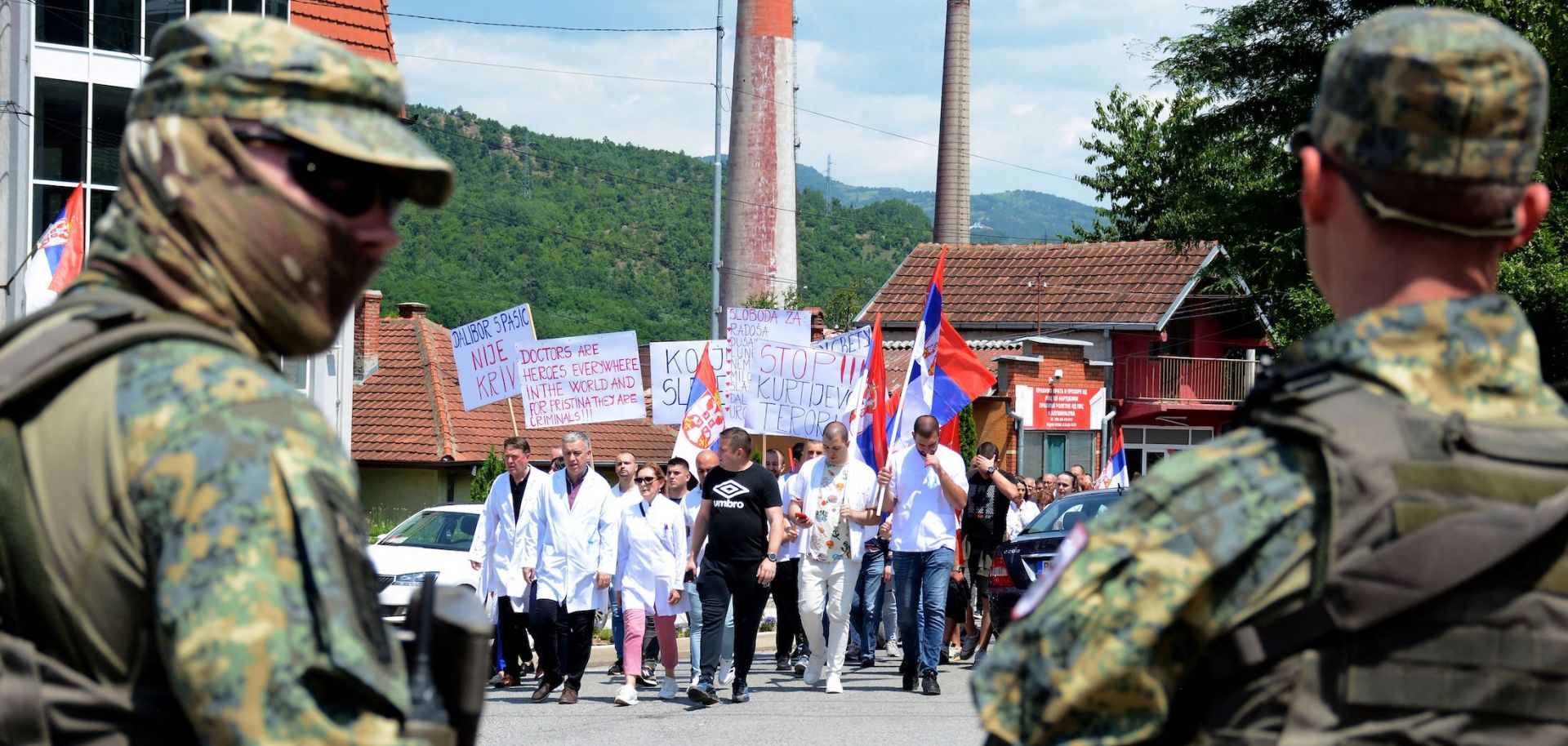Russian influence operations are fomenting EU accession fatigue and anti-Western narratives in Serbia and raising risks of violence in Kosovo, further disrupting the normalization process between Belgrade and Pristina, while fanning ethnic tensions in the wider Balkans region. Against the backdrop of ongoing EU accession negotiations, including normalization talks between Serbia and Kosovo, and following outbreaks of violence in northern Kosovo in September, Russian actors will likely pursue an opportunity to further inflame tensions to distract from Ukraine and contribute to destabilization risks in the Balkans. Russian influence operations in Serbia largely consist of narratives aimed at fueling ethnic and religious tensions between the country and its Balkan neighbors, discrediting the European Union and West more broadly, and promoting Russian views on key issues like the Ukraine war. Particularly in recent months, many popular narratives from Russian sources involve Serbia's claim over Kosovo, whose independence it has not recognized despite...

